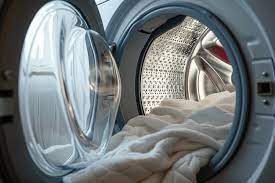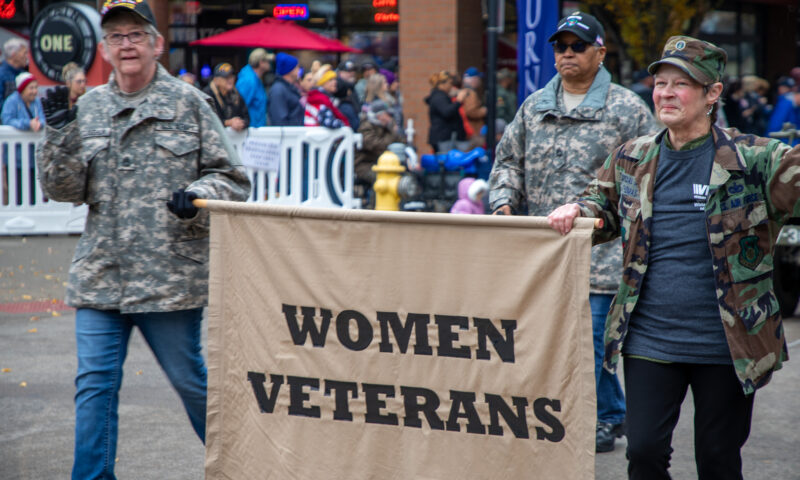Wring some money out of your laundry
By Cyndi Bray
Cutting energy waste in the home is not only good for the environment, it can also save money. Most people wouldn’t expect it, but washing machines and dryers are some of the biggest energy wasters in homes. One study estimated the nation’s residential laundry carbon dioxide emissions at 179 million metric tons per year. That’s equal to the total annual energy use of more than 21 million homes.
While high-efficiency machines use less water and electricity than other models, more can be done to reduce the environmental impact of doing laundry, especially when it comes to cumbersome items like bed sheets.
The first step is to know your machines. Most people never take the time to read the owner’s manual for their washer and dryer, which could lead to missed maintenance and not fully understanding what the various cycles and settings mean.
It’s also important to check the care labels on garments, towels, and sheets. The fabric care instructions sewn into the items list the harshest conditions they can tolerate. Many people will be surprised to learn that laundry advice passed down from parents and grandparents may conflict with manufacturer recommendations.
These tips can also help save time, energy, water, and even money when doing laundry:
- Give your dryer a clean slate. Check and empty the lint trap before each load. A full lint trap reduces efficiency and becomes a fire hazard. A clogged lint trap prevents the dryer from being able to exhaust hot air, causing it to overheat.
- Washing in cold water eliminates the need to use energy to heat the water, and it is also gentler on fabrics so they will last longer. Heating water uses the most energy where the washer is concerned. These days, most laundry detergents clean well in cold water, and there are also options specific for washing on cold.
- Combine loads. When you wash everything in cold water, you could eliminate the need for separate loads, so you may be able to wash fewer loads. Don’t be afraid to mix your clothes in with your sheets. (If you’re washing a new colorful item, be sure to keep it away from whites and light colors.)
- When washing and drying sheets, use Wad-Free for Bed Sheets, which prevents them from tangling, twisting, and balling-up in the washing machine and the dryer, so they come out cleaner and dry up to 75 percent faster. The savings are significant.
- Keep dryers on low. Even though it will take longer for items to dry using a low heat setting, you will still use less energy than a medium or high setting, and again all your items will last longer without exposure to heat. Drying loads one after the other can also help by retaining the heat in the dryer for the next load.
And instead of chemical fabric softeners or dryer sheets that end up in landfills, opt for reusable wool dryer balls with a few drops of essential oils on them to add scent to laundry and reduce static.
Cyndi Bray is the inventor and founder of Wad-Free (wadfree.com) laundry products.

